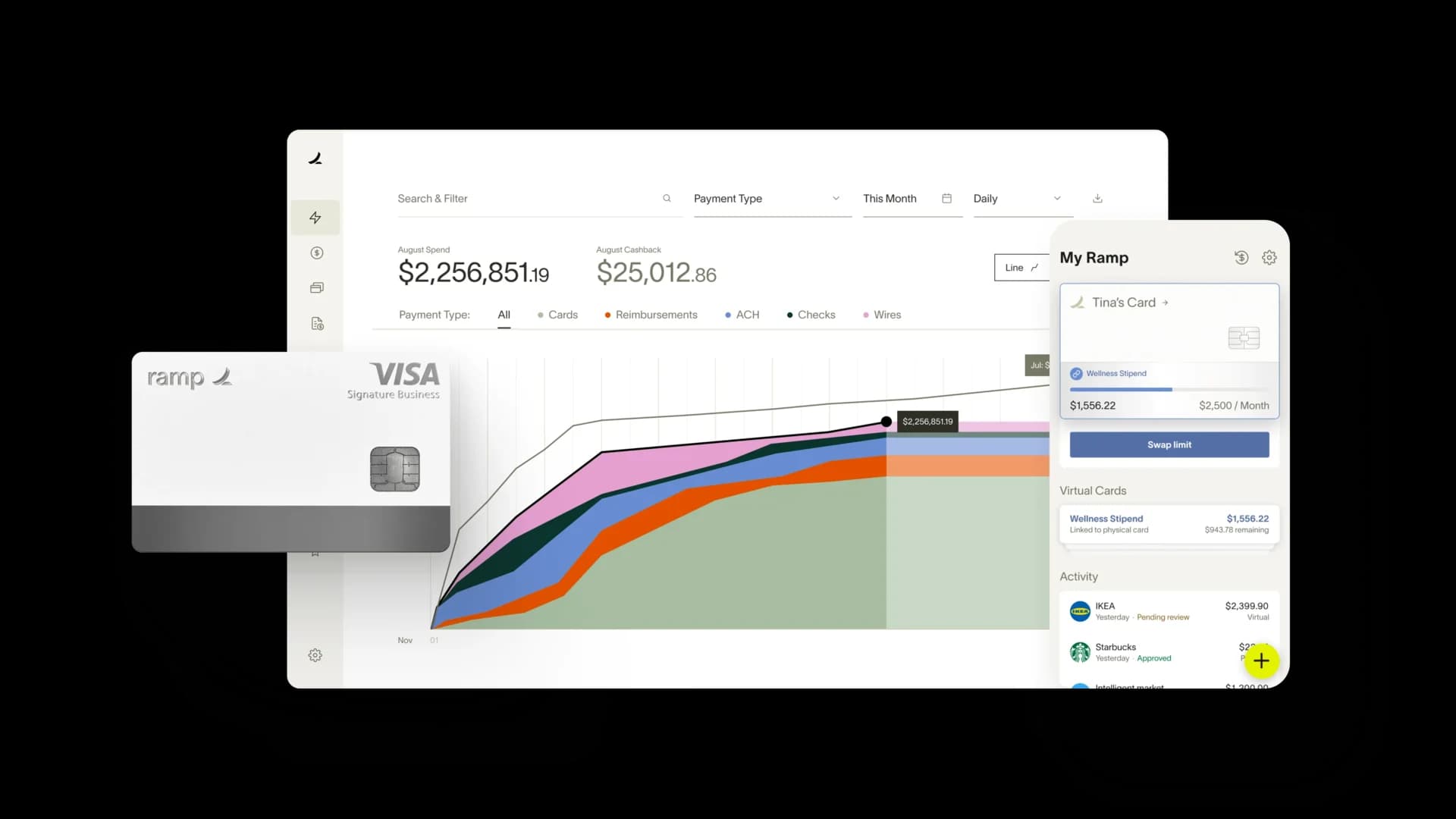Kentucky mileage reimbursement rates


In Kentucky, there is no state law that mandates that you, as a private employer, offer mileage reimbursement when your employees use their personal vehicles to carry out work-related duties.
On the contrary, for state employees, the mileage reimbursement law requires reimbursement at rates determined quarterly, influenced by fuel prices, according to the American Automobile Association. In fact, under the KRS Code 64.710, public officers are only allowed lump-sum vehicle expenses when legislated by the General Assembly.
Moreover, adopting fair mileage Kentucky mileage reimbursement rates, even as a private employer, will keep your business in compliance with the Kentucky Minimum Wage Act.
Kentucky business mileage reimbursement rates
As of January 1 2026, the Commonwealth of Kentucky's mileage reimbursement rate for state employees is 42 cents per mile.
These Kentucky mileage reimbursement rates — tabulated below — are referred to as the Commonwealth's rates. They are adjusted quarterly (on the first day of January, April, July, and October) based on the American Automobile Association (AAA) Daily Fuel Gauge Report, which assesses regular unleaded gasoline prices across Kentucky.
| Period | Rate per Mile |
|---|---|
| Jan 1 - Mar 31, 2026 | $0.42 |
| Oct 1 - Dec 31, 2025 | $0.43 |
| Jul 1 - Sept 30, 2025 | $0.43 |
| Apr 1 - Jun 30, 2025 | $0.42 |
| Jan 1 - Mar 31, 2025 | $0.43 |
| Oct 1 - Dec 31, 2024 | $0.43 |
| Jul 1 - Sept 30, 2024 | $0.45 |
| Apr 1 - Jun 30, 2024 | $0.45 |
| Jan 1 - Mar 31, 2024 | $0.43 |
| Oct 1 - Dec 31, 2023 | $0.46 |
| Jul 1 - Sept 30, 2023 | $0.46 |
| Apr 1 - Jun 30, 2023 | $0.45 |
| Jan 1 - Mar 31, 2023 | $0.44 |
| Oct 1 - Dec 31, 2022 | $0.46 |
| Jul 1 - Sept 30, 2022 | $0.53 |
| Apr 1 - Jun 30, 2022 | $0.49 |
| Jan 1 - Mar 31, 2022 | $0.44 |
Please note[1]: While the Commonwealth of Kentucky's mileage reimbursement rates are more common, you can follow the IRS standard business mileage reimbursement rates of 72.5 cents per mile in 2026.
Kentucky mileage reimbursement laws
In Kentucky, mileage reimbursement for state employees is governed by specific codes that ensure detailed regulation and adherence to fairness and transparency.
These codes do not legally bind you as a private employer. However, they outline the standards and procedures for compensating employees for using their personal vehicles in official capacities.
Understand all the important Kentucky mileage reimbursement laws in detail, starting with Kentucky Revised Statutes (KRS) 64.710 for state employees.
Codes KRS 64.710 and 200 KAR 2:006 for state employees' mileage reimbursement
In Kentucky, if you manage a team within the state sector, it's essential to understand how specific laws dictate mileage reimbursements.
Under the Kentucky Revised Statutes (KRS) 64.710, public officers are prohibited from receiving lump-sum vehicle expense allowances unless these are specifically legislated. This is key in ensuring that all reimbursements are transparent and justified by statutory provisions.
Additionally, Kentucky Administrative Regulations, particularly 200 KAR 2:006, detail the reimbursement process. These regulations are crucial because they tie the reimbursement rates directly to the American Automobile Association (AAA) Daily Fuel Gauge Report and determine.
Here are the benefits of 200 KAR 2:006.
- Ensures that the reimbursement rates are adjusted quarterly to reflect the actual fuel costs
- Maintains fairness and accuracy in what the state compensates its employees for their travel
Kentucky minimum wage act and mileage reimbursement for private employees
Currently, the minimum wage as per the Kentucky Minimum Wage Act is $7.25 per hour, the same as the federal rate. But here's a twist that might catch your attention: while Kentucky doesn't explicitly require you to reimburse for mileage, the act's broader implications could affect you.
If you're paying your team just the minimum wage, any job-related expenses they incur, including mileage, could bring their earnings below the legal threshold. And it's your legal responsibility to ensure that all your employees receive wages above the state minimum.
Simplify your mileage tracking with Ramp
You've seen how vital it is to keep up with Kentucky's mileage reimbursement laws like KRS 64.710 and 200 KAR 2:006. Getting these right benefits everyone — ensuring you're fair to your team and safeguarding your business against compliance issues.
Here's where Ramp can step in. Think of Ramp as your hassle-free route to managing mileage reimbursements.
Our AI-powered expense management solution automates tracking and logging every mile, making sure no penny goes unaccounted for. This simplifies your mileage reimbursement process and keeps your business aligned with the latest requirements without the hassle of manual mileage logging.
Start using Ramp to streamline your mileage reimbursements. It's simple, efficient, and ensures you and your employees are always on the right track.
See how Ramp automates expense and mileage tracking for 50,000 businesses











Related posts
[1] Under 3rd and 4th paragraphs: https://www.klc.org/News/12303/irs-raises-standard-mileage-reimbursement-rate-for-2024

